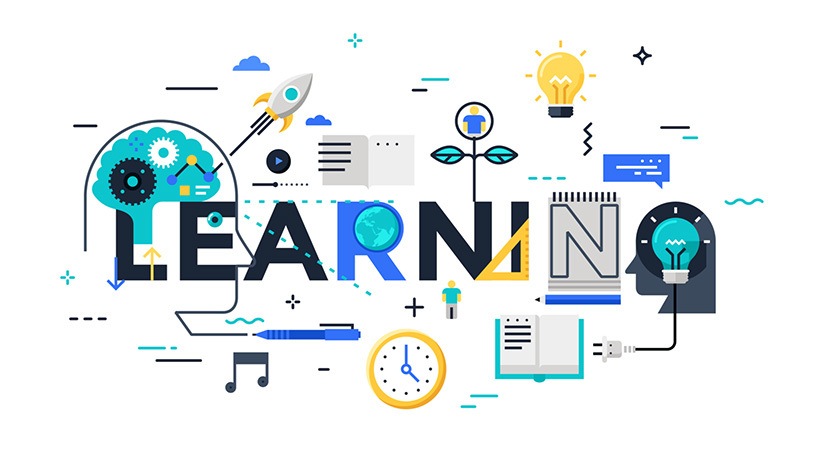
The reason for posting study resources on this topic is because economics is one of the most popular majors in universities and this subject will be of interest to many students. Secondly, due to the epidemic in the past few years, many people’s families have been affected by the economic crisis, and it is worth knowing that economics is closely related to our lives. The target audience for this topic is students who want to major in business or economics during their college years. It is very useful to know something about the economy in advance. At the same time, studying economics will change some of our thinking patterns in our daily life for students. It can make your decisions more efficient and sensible. We will complete the entire learning process through online lectures on WordPress and theoretical readings from the textbooks and exercises after the class.
Currently, our instruction style is more cognitivism since an effective learning process is an important factor for successful learning result. For example, during the senior undergraduate year, most of the assignments and exams require us to fully understand and critically think about the content and write reflections, so focusing on analyzing and integrating knowledge is helpful for me to learn more objectively and comprehensively.
Learning theory
Three learning theories with different features include behaviourism, cognitivism, and constructivism. Behaviorists “work with reinforcement and feedback to develop habits in their learners”, which means it focuses on the idea that all behaviors and information are learned through interactions with the environment. Cognitivists help the learners “uncover and use appropriate learning strategies and make connections to prior understandings”, which means it focuses on how information is received, organized, stored, and retrieved by the mind. The constructivists trust “the learners make their own meaning and interpretations based on individual experiences and interactions”, which means the constructivist learning model prefers to make the learners recognize and interpret the information by themselves through exploring in the real-world environment.
Learning design approach
The approach for our topic, Economics, is Cooperative Learning. Cooperative learning is one of the most thoroughly researched of all instructional methods, stands for the instructional use of small groups that students can work together to maximize both their own and each other’s learning.
Cooperative learning approach aligns well with the Economics topic, since the Economics learning process will be more efficient and easier with the help from others. The reciprocal nature of cooperative learning facilitates learners to demonstrate understanding by sharing and communicating their thoughts with peers, which allows them to receive feedbacks from each other and improve their current knowledge. For example, elasticity contains many different subtypes and students may find it is difficult to identify. If a student is unclear about the concept, they share their confusion with their group members and communicate together to figure out and identify each elasticity diagram instead of struggling with it alone for long time. With the collaboration with group members, the Economics learning process becomes much faster, which enables students to learn and absorb knowledge in a shorter amount of time.
The main technologies will involve in our study design includes:
- YouTube: Providing the video resources for learning.
- BCCampus: Providing textbooks and scholar readings as learning resources.
- Zoom: For students to participate in online real-time courses and the activities, such as in-class disussion and Kahoot.
- Packback: For students to finish weekly/bi weekly discussion assignments; meanwhile, it allows students to bring out question for answers as well.
- Kahoot: Holding in-class activities which contain time-limited quiz questions for different teams to actively participate and compete.
- Google Forms: For students to finish online quizzes and tests assignments to consolidate knowledge.